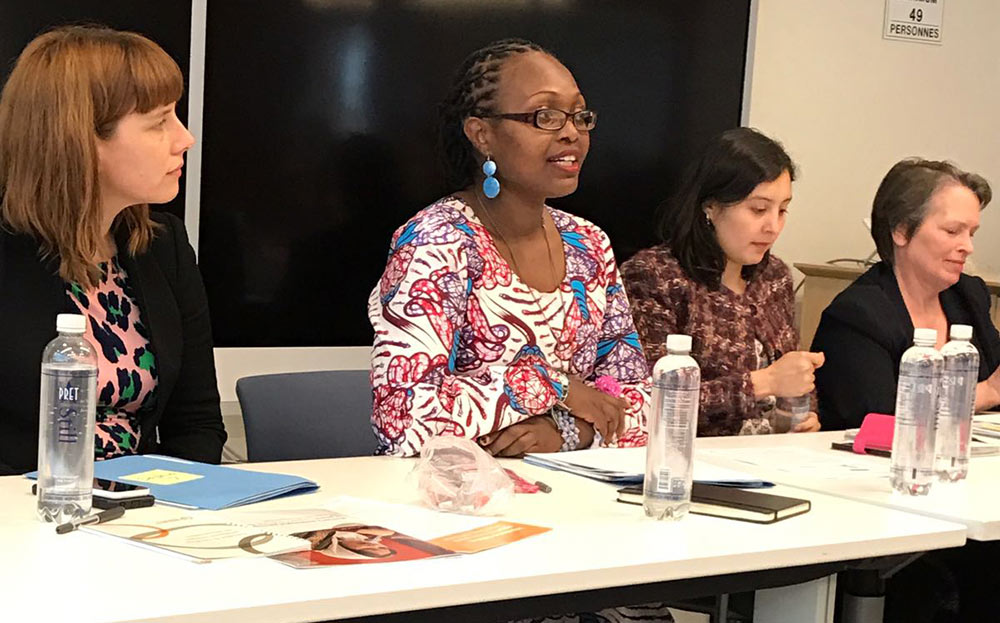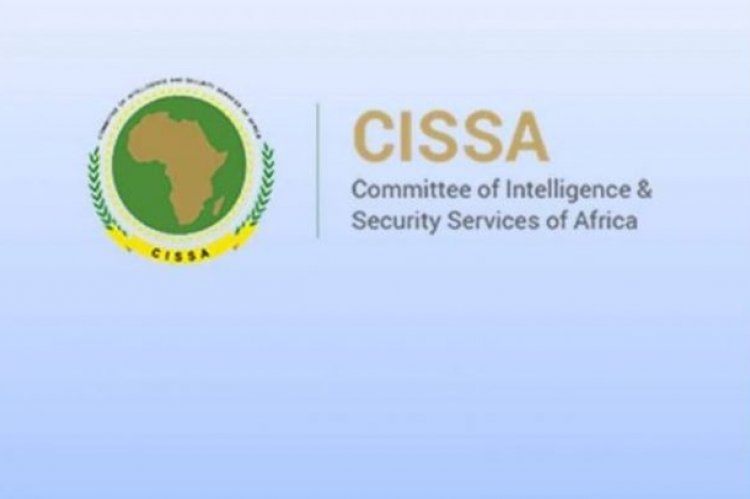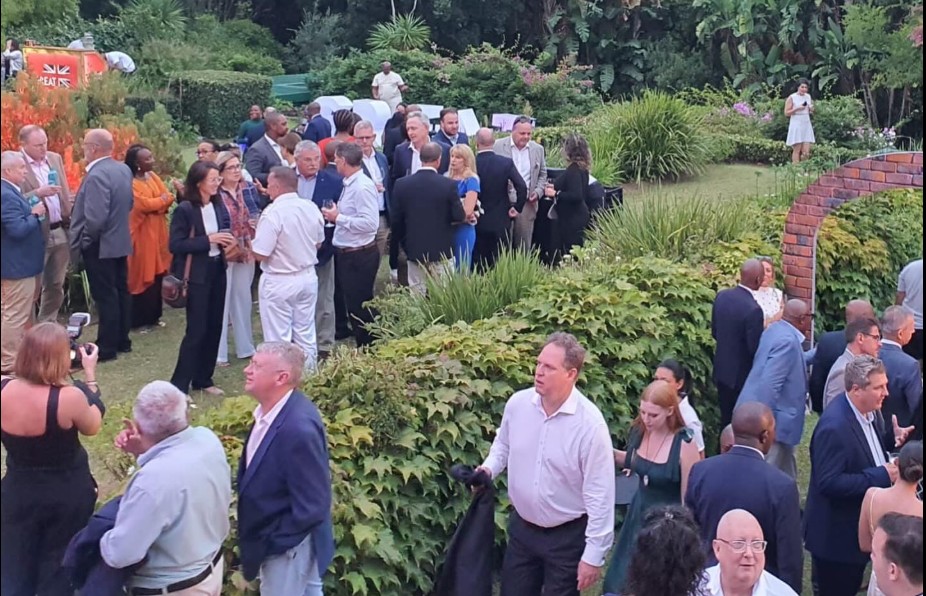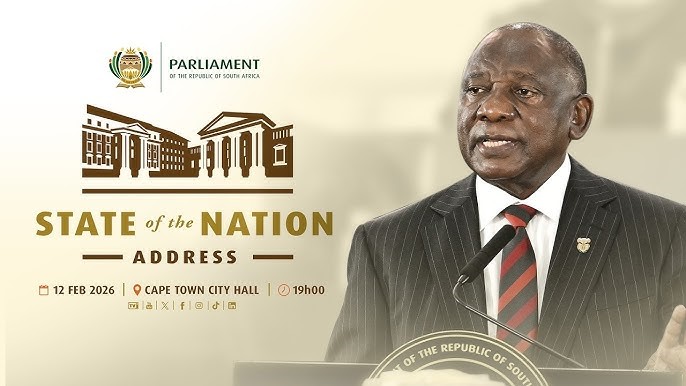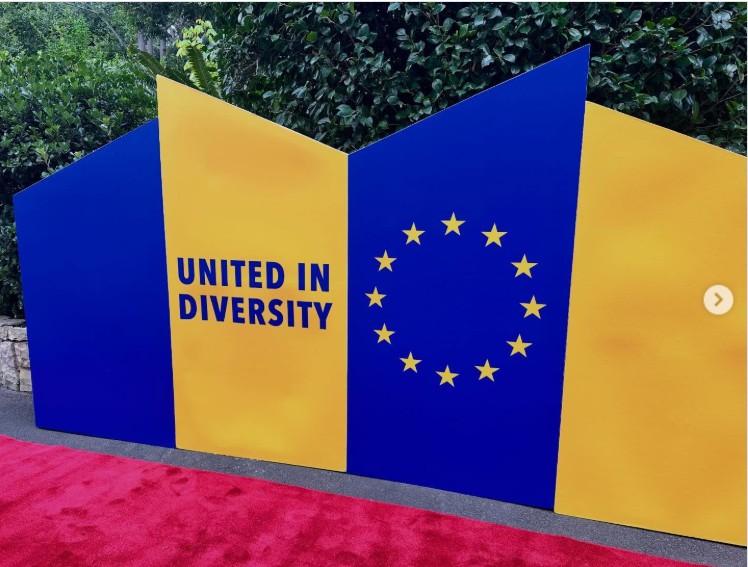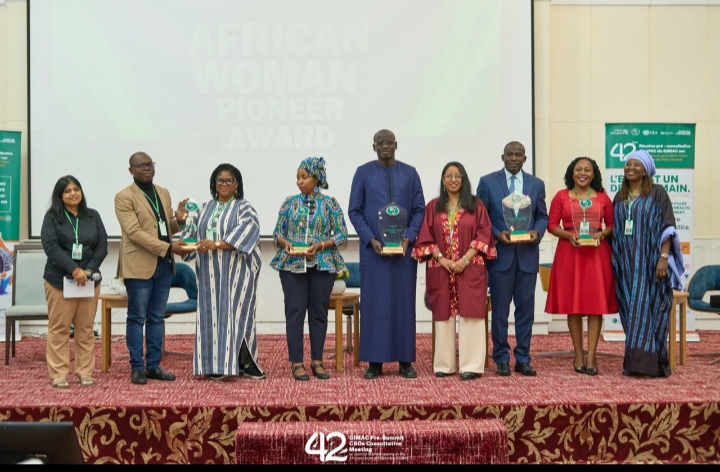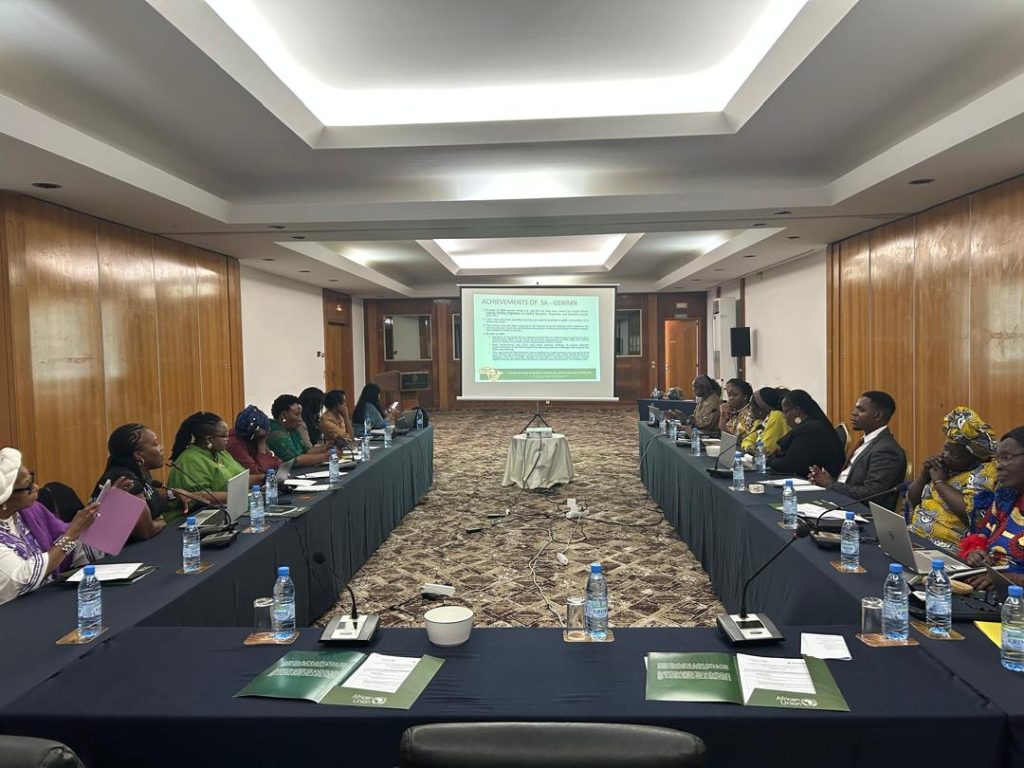The nature of conflict continues to change. With the increasing complexity of the conflict trends which impacts on mediation practices, mediation support is also increasingly facing a number of challenges. The security landscape is rapidly changing with conventional security issues mutating to difficult challenges like the evolving hybrid and asymmetric threats and their complex interconnectedness. Peace processes have increasingly found themselves responding to these new asymmetric and hybrid security challenges including terrorism, organized crime, trafficking, piracy and pandemics and their effects in the society. The last ten years have seen a dramatic growth in mediation, as well as the emergence of an unprecedented diversity of mediators, in an effort to respond to these complex security challenges.
To further understand the needs of the mediation processes in the field and link these needs to the policy processes, the Mediation Support Network (MSN) organised a meeting in New York and Washington DC from 27-31 March 2017. The meeting brought together key organisations who are members of the Network. The Network seeks to promote and improve mediation practice, processes and standards to address political tensions and armed conflict. The meeting was co-hosted by Mediation Support Unit of the United Nations (UN) Department of Political Affairs (DPA) and the United States Institute of Peace (USIP). The meeting was structured to respond to key questions and challenges in mediation support. Successful mediation typically involves a number of experts that support, develop and strengthen the mediation process. This support can stretch from operational assistance, direct on-site support through the field deployment of staff, desk support through analysis and research, helping in process design, support in capacity building, strengthening the negotiating parties’ capacities to be involved in the process through confidence building, technical support and in reviewing and documenting the mediation experiences. The MSN meeting discussed the practice of these issues and their linkages to policy processes.
The UN General Assembly Resolution 70/304 requests the Secretary-General to submit a report to the General Assembly at its 72nd session on UN activities in support of mediation. The MSN members discussed some of the issues that could be included in the Secretary-General’s report on mediation. With evolving international norms and evidence-based research showing that greater participation, especially of women, improve peace processes and their outcomes, the UNDPA developed and launched the Guidance on Gender and Inclusive Mediation Strategies which was presented to the MSN Members and other experts and practitioners. Other sessions covered during the meeting include: Consultation on DPA’s ceasefire and mediation guidance; National Dialogues and Mediation Support: Mapping the Field; Improving Collaboration with Special Representatives and Peace Envoys; Current Challenges for Civil Society in Supporting Mediation Practice; Supporting Youth Engagement in Peace Processes; Mediation, Religion, and Culture; Mediation and Gender: The Latest in Research, Practice, and Policy; and Supporting Mediation More Effectively through Training, Education and Research. ACCORD also facilitated discussions on Prevention and Mediation: Towards More Effective Collaborative Approaches and Strategies for Sustaining Peace. The side meeting was co-organised by MSN and the Civil Society-UN Prevention Platform.
The meeting provided a platform for the MSN members to input and strengthen mediation mechanisms through the engagement with key policy actors. ACCORD remains committed to supporting and strengthening mediation interventions in Africa and this was a platform for ACCORD as an MSN member to contribute to effectiveness of mediation capacities.

